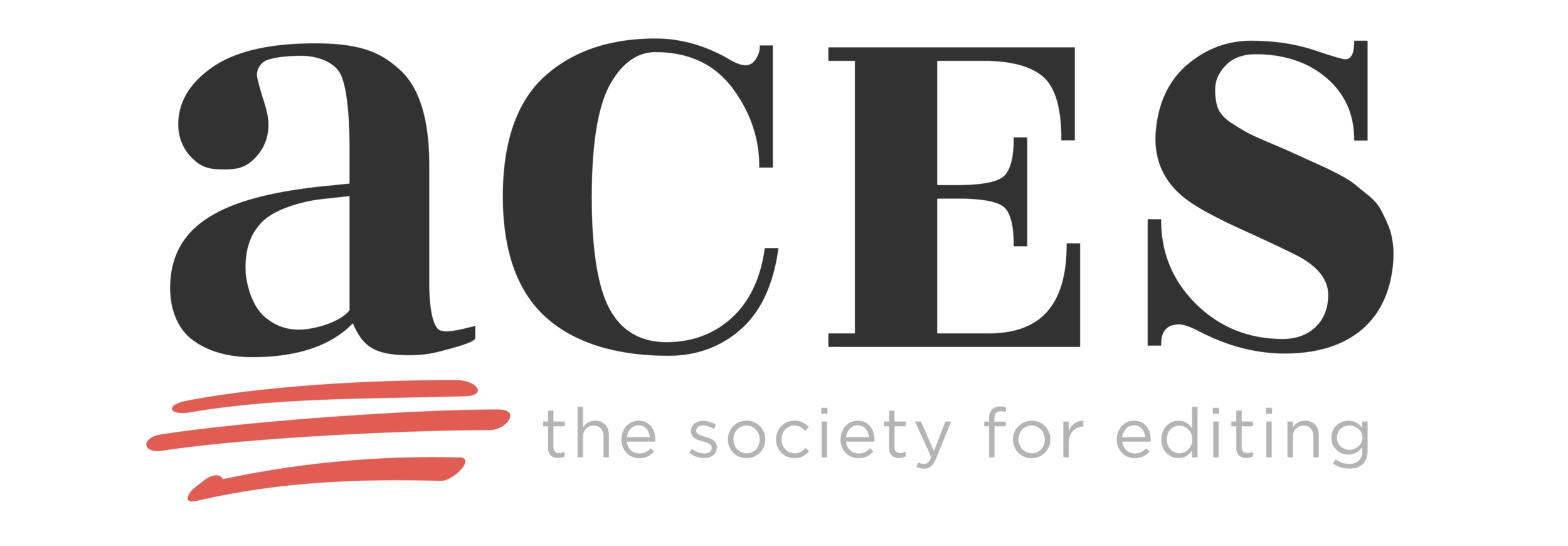"Drowning Out 'Whisper Ratings' "- A Short Research Article for the University of Miami School of Business magazine
/Could a Credit Ratings Trust Help Make Financial Markets Safer?
By Rochelle Broder-Singer
When a firm wants to issue a security – say, a bond or a bunch of mortgages packed together – it hires a credit rating agency to review the underlying assets and give the security a credit rating. Investors use the rating to make decisions about whether, and how much, to invest. But issuers often quietly shop around, getting unofficial, non-public “whisper ratings” from multiple credit rating agencies, and then hiring the agency that gives them the best ratings. Investors only hear about the final published rating.
Much academic literature has shown that this “issuer pays” model incentivizes ratings agencies – such as Fitch, Moody’s and Standard & Poor’s – to give inflated ratings, whether they’re deserved or not, says Indraneel Chakraborty, an assistant professor of finance at the School. Regulators and industry experts have also been scrutinizing this apparent conflict of interest, since many asset-backed securities – rated as highly credit-worthy – defaulted during the financial crisis.
Chakraborty and collaborators at the University of Texas at Dallas have proposed a mechanism for rating securities more accurately, by eliminating the conflict of interest. They suggest introducing a second option for obtaining a rating, which would run alongside the current system. An issuer could opt to use an intermediary, a trust that would obtain a rating. The trust, Chakraborty explains, is simply a pass-through entity, with nothing at stake. It would select a ratings agency and pay the agency, which would then issue its public assessment. The fee structure would change, with a portion of the rating agency’s fee outcome-contingent, paid only if its ratings prove to be accurate over time. So, if an agency rates a security as highly credit-worthy, but many such issuances end up going into default, the ratings agency won’t get its full fee.
Sophisticated investors will be more likely to purchase a security if they know they can trust its rating, Chakraborty says. The research shows that the cost of this additional layer of bureaucracy would likely be offset by such increased investor participation, plus the ability of issuers to price products higher when they have good ratings. “People are willing to pay a fee to see contractors rated by an independent agency,” Chakraborty says. “The sophisticated investor realizes the value in being rated by a third party.”
Chakraborty first presented this model and the related research at a Carnegie Mellon University conference. A Securities and Exchange Commission (SEC) member heard it and had Chakraborty present it to the SEC. He and his coauthors are currently working on a paper for publication.








